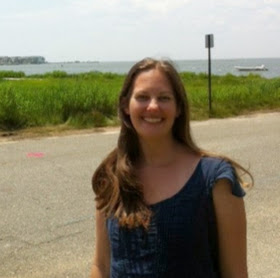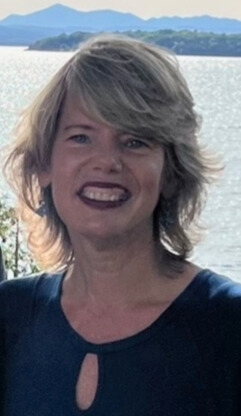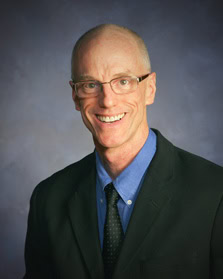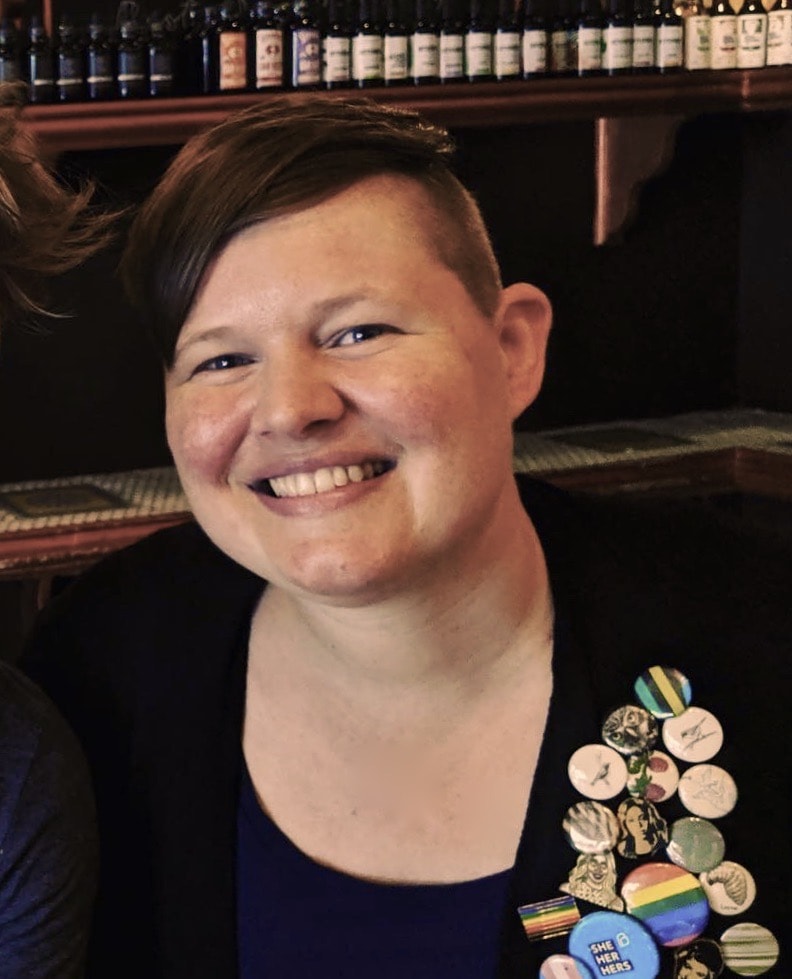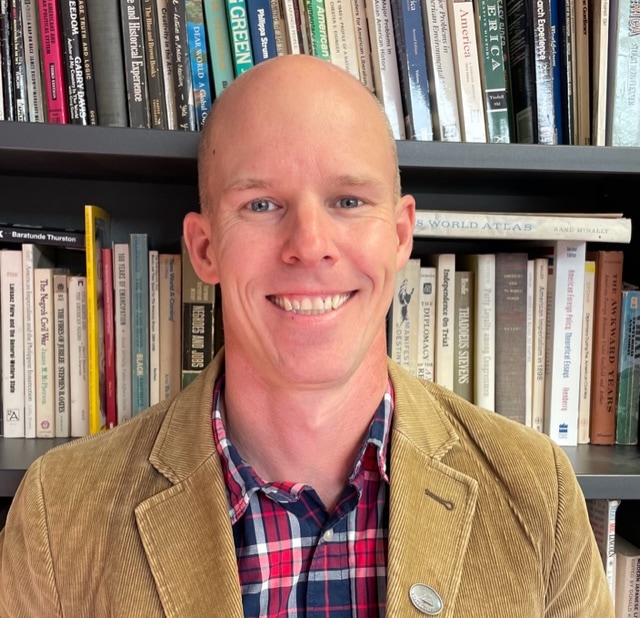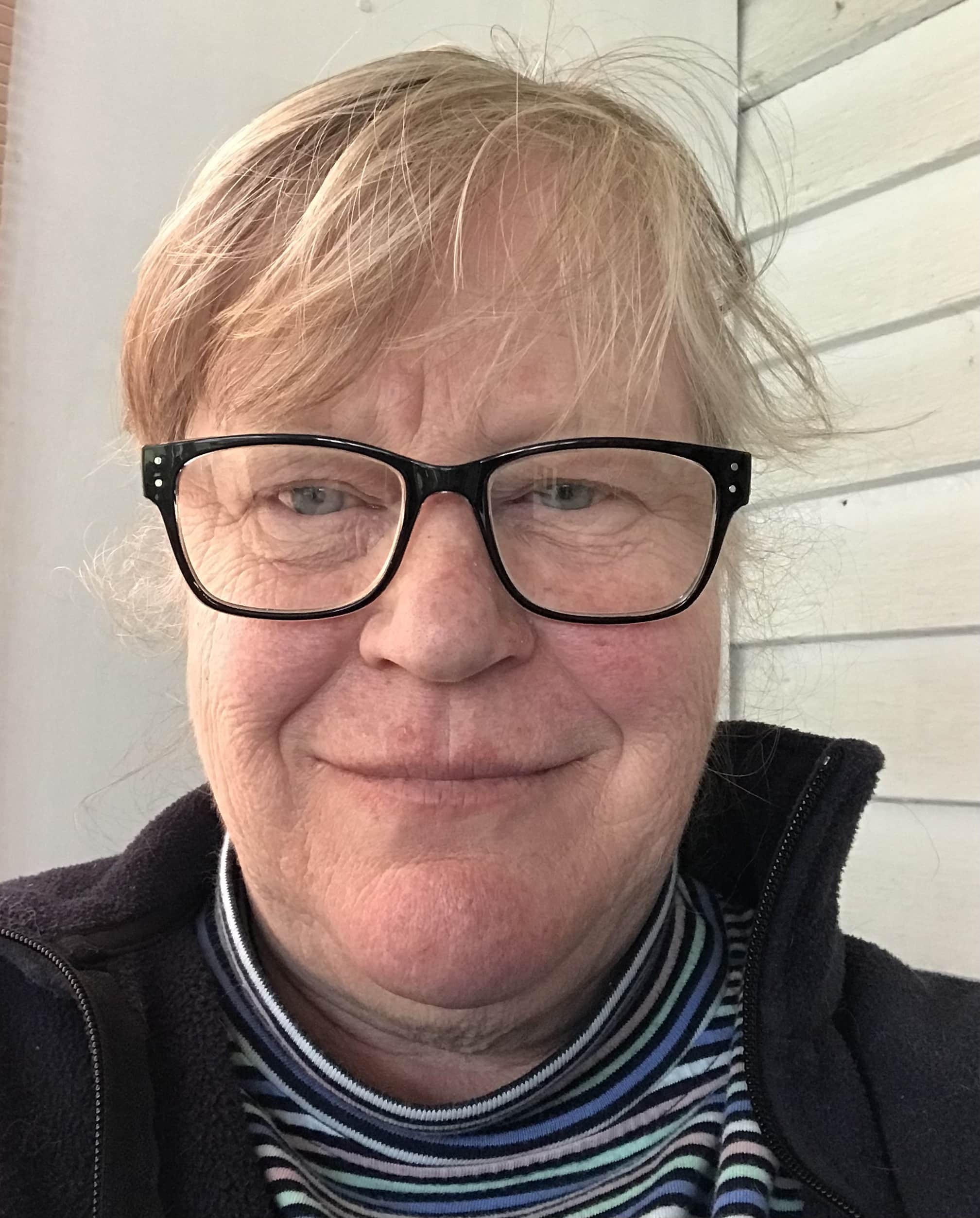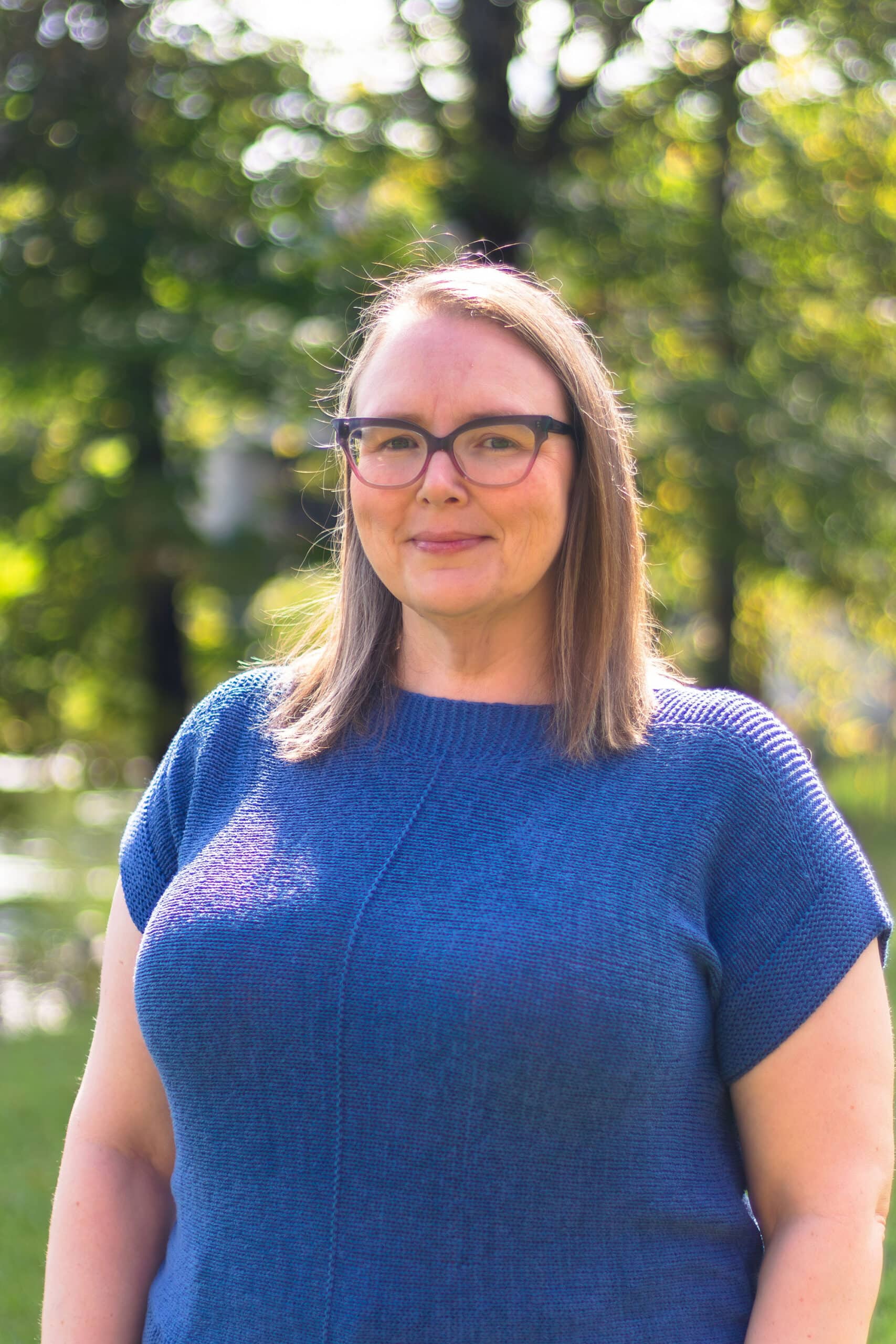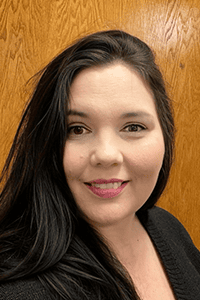Why Study Inclusive Childhood Education at Vermont State?
- Broad Preparation: Vermont State’s M.A. in Inclusive Childhood Education integrates Elementary Education (K-6) and Special Education (K-8) competencies to prepare you to teach children of all backgrounds and learning abilities. Upon completing the program, you’ll be prepared for the Initial Educator license exam with teaching endorsements in Elementary Education (K-6) and Special Education (K-8).
- Strengths-Based Focus: Guide your students to develop wellbeing and empathy through the strengths-based and inclusive approach to learning taught at Vermont State.
- An In-Demand Field: K-6 teachers are in demand, with a projected 4% annual growth in this field coupled with 120,300 openings annually through 2031 due to retirement and career changes. (U.S. Bureau of Labor Statistics)
- Flexible Schedule: The program is designed for part-time enrollment so you can study while working full-time, or full-time enrollment to complete more quickly. Courses are online for your convenience and to help you avoid excessive travel in difficult weather conditions. You may complete the licensure portion of the program first to seek a teaching position, then complete the remaining coursework for the master’s degree over time. Our Placement Office will help you locate a local school for practicum and internship experiences.
Request Information
Sample Courses
- Literature, Media & Text for Children & Young Adults
- Characteristics & Development of Diverse Learners
- Strategies for Promoting Inclusive Practices
- Instructional Dynamics for the Elementary Educator
Student Stories
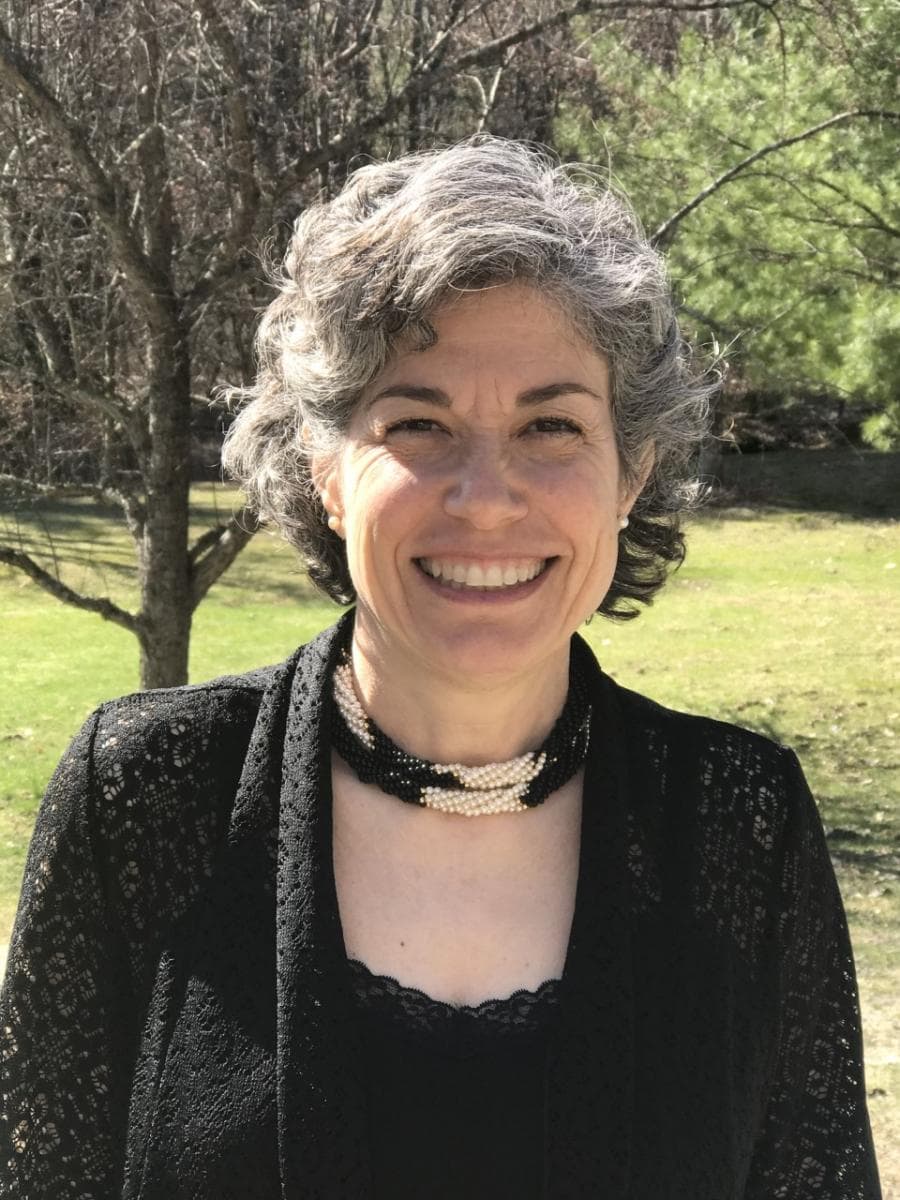
“Yes, I expected to take courses that would lead to a Vermont teaching credential. But what I received was insightful guidance from educational experts who prepared me for my reimagined teaching career. Special education wasn’t on my radar, but the addition has opened doors to a wider range of opportunities than I would have had without it.”
Minda Moskowitz
Meet Our Faculty
